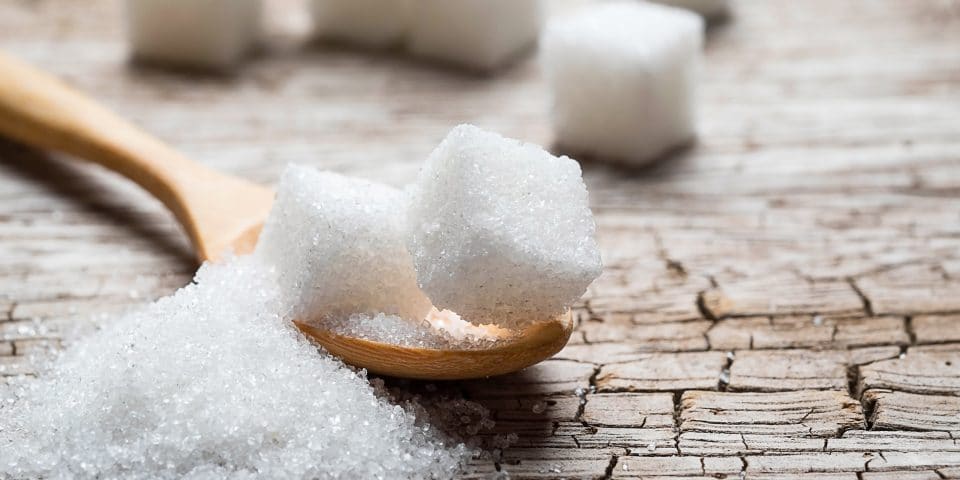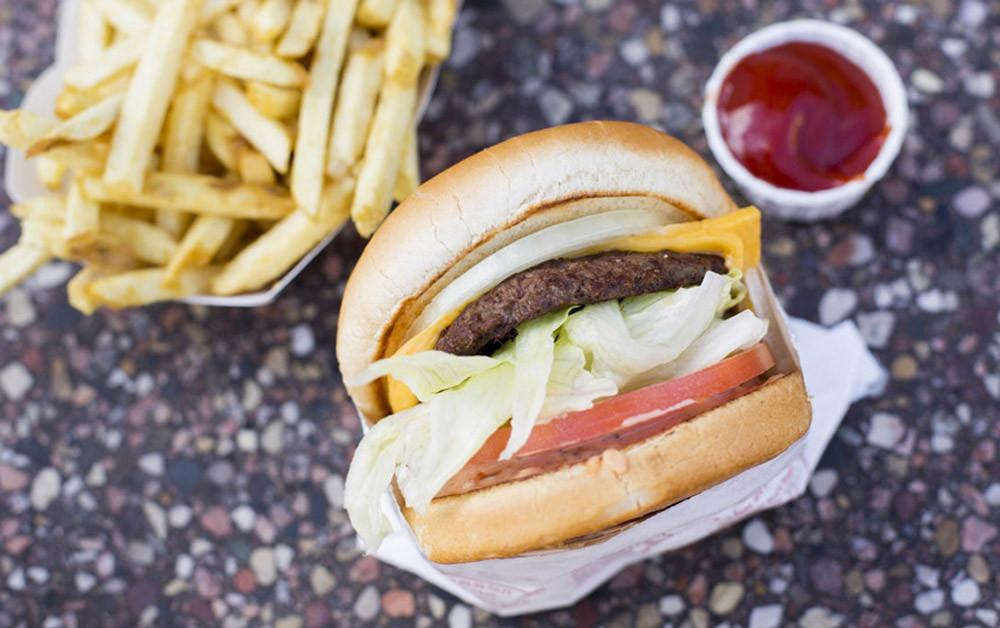I’ll be the first to admit that I enjoy sugar, folks! Who doesn’t like some chocolate, cake or ice cream to make a good day better or cap off a stressful one?
Unfortunately, sugar can be as addicting as a drug, as you’ve probably already heard. The same part of the brain that responds to addictive, harmful substances like nicotine also responds to sugar. Not only that, but sugar is everywhere, and sometimes, it’s sneaky. There are 56 common names used for sugar on food labels, according to Healthline (https://www.healthline.com/nutrition/56-different-names-for-sugar). You could be eating way more sugar than you even realize each day because it’s not always easy to spot in foods and beverages.
Eating too much sugar can open you up to a whole host of health issues, including obesity and diabetes. That’s why it’s so important that you manage your addiction to the sweet stuff using these simple tips.
Limit your intake
This is probably the first thing you thought of, but do you know how much sugar you eat and what the daily limit should be? Keep track of the sugar in the things you eat and drink over a typical week. Having some sugar is okay, but you should try to keep it under 25 grams per day for women and 36 grams per day for men total–including the sugar from any fruit you eat–according to the American Heart Association (https://www.heart.org/en/healthy-living/healthy-eating/eat-smart/sugar/added-sugars).
Remember that sugar can hide itself under different names. If you’re not sure what an ingredient is, look it up so your sugar tallies are accurate.
Watch out for high-fructose corn syrup (HFCS)
This common sweetener comes from corn and is in a lot of drink and food items. HFCS is full of an alarming amount of sugar, but many manufacturers use it because it’s a cheap additive that provides strong sweetening. It might be in products you’d never think of–such as salad dressings, breads and nutrition bars–so be on alert for this potential sugar source.
Find out what makes you happy
A sugar addiction can, in part, be fueled by emotional needs. Maybe your job is stressful and you think you need that sugar to lift your mood at night. Perhaps other things in your life are leading you to find ways to cope, and you’ve chosen one that’s simply not good for you. Be mindful of how your mood impacts what you eat; you can use this information to break the cycle.




